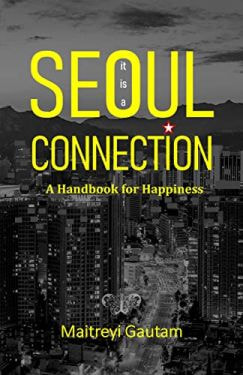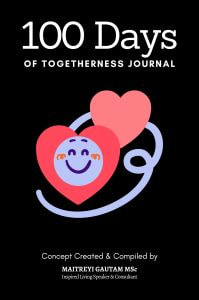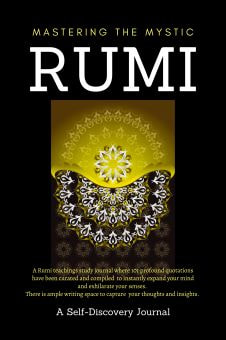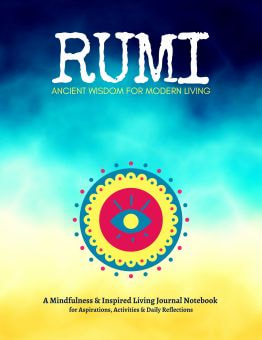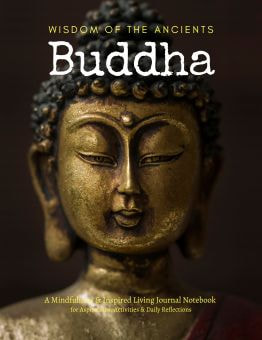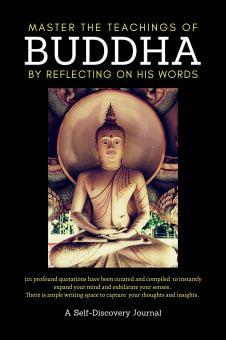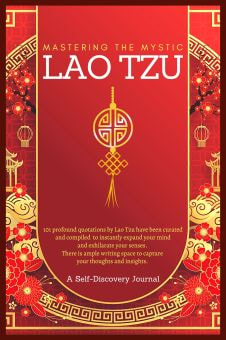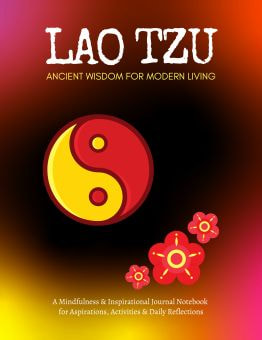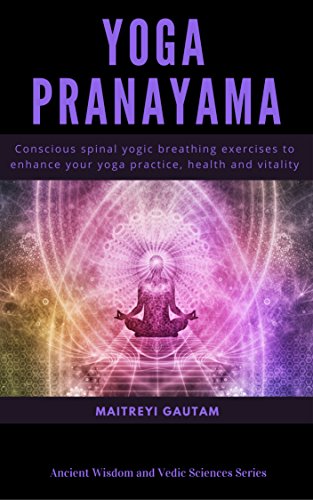Here is a brief overview of the history of karmic regression and how ancient wisdom is used for modern healing:
1. Ancient Beliefs in Reincarnation
The belief in reincarnation, or the rebirth of the soul in a new body, has been a foundational concept in many ancient civilizations and spiritual traditions:
- Hinduism: The concept of Samsara, or the cycle of birth, death, and rebirth, is central. The law of karma dictates that actions in one life influence future lives.
- Buddhism: Reincarnation and the cyclical nature of existence are key beliefs, with the ultimate goal being to reach Nirvana or liberation from this cycle.
- Ancient Egypt: Beliefs in life after death and the soul's journey were central, as depicted in texts like the Book of the Dead.
- Platonism: The ancient Greek philosopher Plato suggested the idea of the soul's reincarnation and described past life memories in his works.
- Indigenous Traditions: Various indigenous cultures worldwide have held beliefs in reincarnation or the continuation of the soul after death.
2. Modern Exploration
The 19th and early 20th centuries saw a revival of interest in reincarnation and past lives in the West. Theosophy, a spiritual movement founded by Helena Blavatsky, and later Anthroposophy, by Rudolf Steiner, both incorporated ideas about reincarnation and karma into their teachings.
3. Karmic Regression Therapy
The mid to late 20th century witnessed the emergence of past life regression as a therapeutic modality:
- Pioneers: Dr. Ian Stevenson, a psychiatrist, researched children's spontaneous past life memories and provided significant evidence suggesting the reality of reincarnation.
- Mainstream Acceptance: Dr. Brian Weiss's book, "Many Lives, Many Masters," detailed his experiences with a patient who recalled past life memories under hypnosis. This book brought the idea of past life regression therapy into the mainstream.
4. Integration with Other Therapies
Today, karmic regression isn't just a standalone therapy but is often integrated with other modalities like hypnotherapy, traditional psychotherapy, and even bodywork therapies like Reiki. Its ability to access deep-seated traumas and offer profound emotional releases has led to its growing popularity.
Conclusion:
Karmic regression therapy may be a modern therapeutic approach, but it stands on the shoulders of ancient wisdom. The belief in the soul's journey through various lifetimes, carrying forward lessons and traumas, provides a unique lens for understanding current life challenges. As with all therapies, its effectiveness depends on the individual, their beliefs, and their readiness to explore the depths of their subconscious. Still, its roots in ancient traditions offer a rich tapestry of insights for modern healing.


